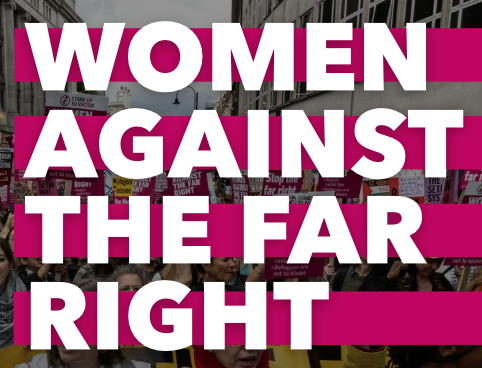News

Rape Crisis Scotland chief executive steps down after 24 years
Rape Crisis Scotland chief executive Sandy Brindley is stepping down after 24 years at the organisation.
Sandy has been part of the Rape Crisis movement for more than three decades, starting as a volunteer support worker in Glasgow in 1994 before leaving to set up Rape Crisis Scotland in 2002.
Our response to Lord’s Advocate’s letter
The Lord Advocate has written to the Scottish Parliament’s criminal justice committee following the recent Supreme Court ruling.
We talk a lot about the rise of rape and sexual violence, let’s talk about how to stop it
As 16 Days begins, we’re reflecting on what needs to be done to tackle the rising prevalence of rape and sexual violence in Scotland and beyond.
Statement: Supreme Court ruling on Daly v HM Advocate; Keir v HM Advocate
Our response to today’s Supreme Court judgement.
An open letter: Women against the Far Right Scotland

We are one of the more than 200 women MSPs, cultural figures, campaigners and organisations which have signed this open letter to show that we will not let the far right speak in our name.
Latest posts
- Rape Crisis Scotland chief executive steps down after 24 years
- Our response to Lord’s Advocate’s letter
- We talk a lot about the rise of rape and sexual violence, let’s talk about how to stop it
- Statement: Supreme Court ruling on Daly v HM Advocate; Keir v HM Advocate
- An open letter: Women against the Far Right Scotland